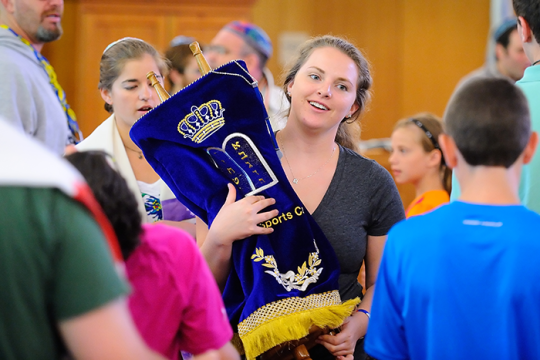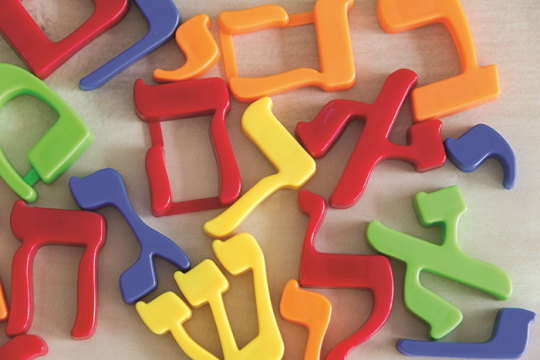
“Blessed are You, our God…who provides for all my needs.”
This prayer from Birkot HaShachar, the traditional morning blessings, reminds us to be grateful when we awake every day. It starts by thanking God for helping us distinguish day from night and progresses to the basics: for creating me in Your Image, for making me a Jew, for making me free. The next group of blessings takes us through the process of waking up: Thank You for giving us sight, for clothing us, for raising us up, for giving us a place to live, and for meeting all my needs.
But what does ”meeting all my needs” mean?
A quick look around the globe, around the neighborhood, belies this claim. So many of us do not even have our basic needs met. People are living on the street, experiencing homelessness, children are hungry because their parents can’t make ends meet, even by working two or three jobs.
Some of us, like me, are blessed with loving families and more than enough resources. Yet we still get sick, we still have heartbreak, and we still lose people we love who die before living to the ripe age of at least 70 (not to mention the 120 years with which Jews customarily bless one another). My dad died young, and I had a stroke at age 34. The effects of these events are with me each day.
So, how can I say this blessing every morning? How can anyone? It is all very good to say that God has provided for us. Just paying attention to our blessings is, in my opinion, a good place to start, but it shouldn’t end there. When I am very ill, making a gratitude list sometimes makes me feel worse: What kind of ingrate am I if I have so much – family, friends, enough money, and so forth – and yet, at times I am still profoundly depressed? I still experience pain. Where is God?
The prayer tells us that God “listens to prayer.” It is overly simplistic, I think, to say that God might hear our plea, “Do not turn us away empty-handed,” and say “no.” And while I may at times yell at God to “do it my way, not Yours,” I also believe that, ultimately, I need God to hear me, to acknowledge my pain, and to weep with me. And that may be all one can really ask of HaShem.
We could translate the morning blessing differently: “Blessed are You, HaShem... who makes my needs.” This alternative reading, supported in Hebrew, argues that, rather than expecting God to give us whatever we want, we should understand that our needs themselves are a gift of God. We should cherish our needs and take them seriously. God creates us to need God and to need other humans in order to live and flourish. It is my needs, after all, that brings me back to God in prayer.
And it means that other people’s needs are also divinely given. Those needs cry out to me, as a fellow person, to help. We are all needy and we are all abundantly blessed. We just need to figure out how to give from our wealth and accept from our poverty.
Blessed are You, HaShem... who helps us help one another.
Related Posts

Five Ways to Encourage Teens’ Jewish Identities

Eight Hebrew Words and Phrases to Learn


